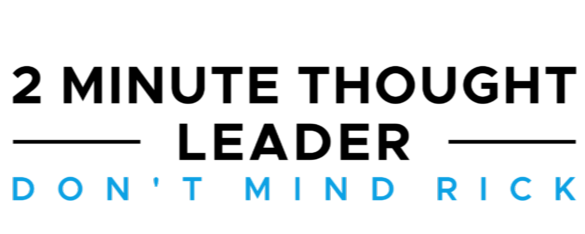Risk = Responsibility − Authority

You're at risk when you're tasked with reaching a goal without the authority to control what you need to succeed. You're stuck when you're responsible for a project's success but don't have the power to access resources, make critical decisions, or adjust priorities. It's like being handed the steering wheel without any gas.
Here's where the imbalance happens:
- Responsibility is your accountability — you're on the hook for results.
- Authority is your toolkit — the influence, control, and resources you need to make it happen.
When responsibility outweighs authority, you're exposed to risks beyond your control. You're at the mercy of those with authority over your resources, timing, or decision-making. Without a voice in these areas, you're vulnerable, and so is your success.
How to Balance the Scales
- Start with Clarity
If you're handed a responsibility, ask: "What's within my control?" Clarify what authority you'll need. Identifying gaps early on is crucial. - Negotiate for Authority
Before starting a project, discuss the resources or permissions you need—not in a demanding way, but in a way that aligns expectations between you and leadership. - Know When to Push Back
There are times when responsibility without authority is simply unmanageable. Knowing when to say no or renegotiate terms is professional and necessary for sustainable success. - Build Trust and Influence
While authority is often assigned, influence is earned. Building solid relationships and showing reliability can sometimes grant you the informal authority to manoeuvre more freely.
The Bottom Line
When you assume responsibility without the means to achieve it, you're playing a risky game. By being proactive about authority, you're positioning yourself for success and protecting your role from unnecessary risks. It's about creating a balance that serves you and the organisation well.
